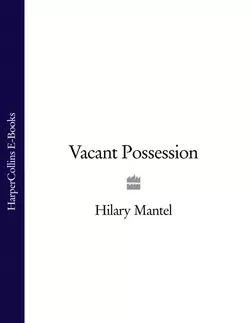Vacant Possession

Hilary Mantel
Тип: электронная книга
Жанр: Современная зарубежная литература
Язык: на английском языке
Стоимость: 891.44 ₽
Статус: В продаже
Издательство: HarperCollins
Дата публикации: 16.04.2024
Отзывы: Пока нет Добавить отзыв
О книге: From the Man Booker Prize-winning author of ‘Wolf Hall’ and ‘Bring Up the Bodies’, a savagely funny tale that revisits the characters from the much-loved ‘Every Day is Mother’s Day’.Muriel Axon is about to re-enter the lives of Colin Sidney, hapless husband, father and schoolmaster, and Isabel Field, failed social worker and practising neurotic.It is ten years since her last tangle with them, but for Muriel this is not time enough. There are still scores to be settled, truths to be faced and rather a lot of vengeance to be wreaked.